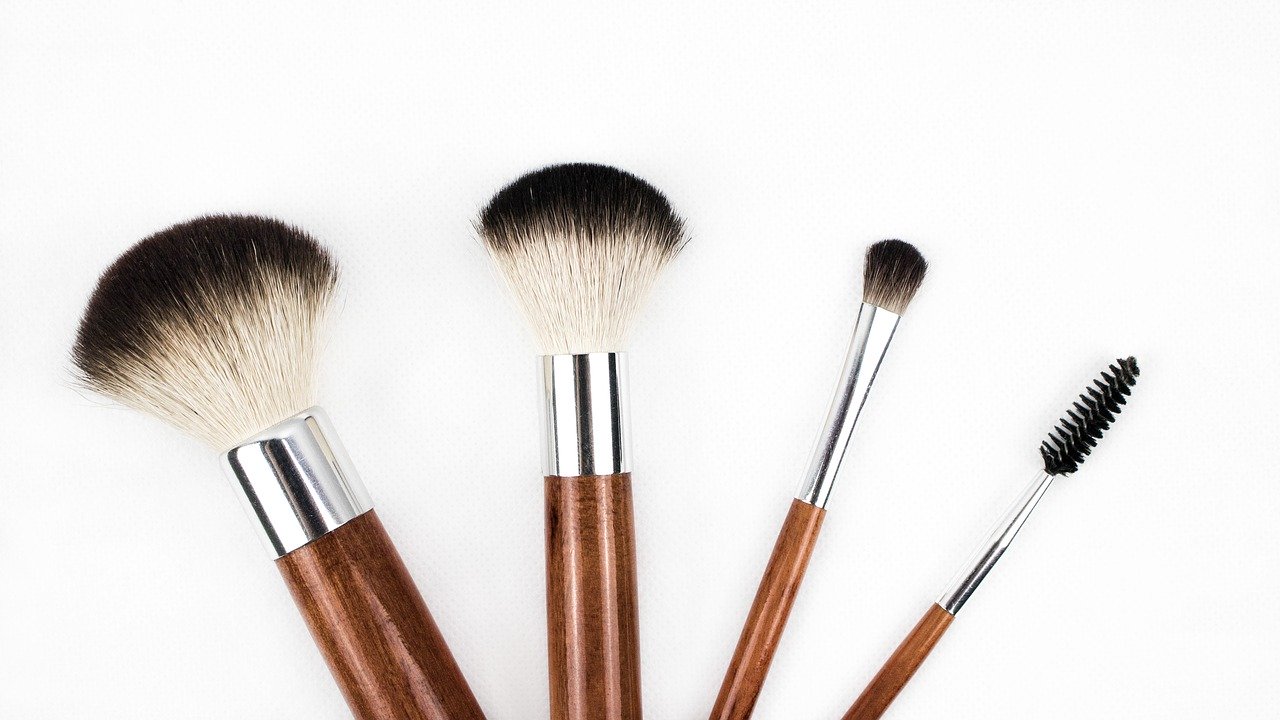Dirty makeup brushes are loaded with makeup residue, dead skin cells and bacteria, which is not good if you are looking to avoid breakouts. So, it is essential to wash your makeup brushes every two weeks. Washing those weekly will prevent product buildup.
Perfectly looking strokes by a makeup artist beautify looks immensely creating memories. But to achieve such a level of perfection, we get assistance from helpers who are not so often spoken about but are behind the whole finery. Of course, these are makeup brushes. There are no words that are strong enough to describe a woman’s love for makeup brushes. Most ladies are likely to buy a bunch of them, and as a beauty addict, we need a reason to buy new ones. After watching numerous makeup tutorials, how can you stop yourself from buying more to add to your collection? However, most of the women end up not taking good care of them, which can be harmful to their skin. The consequences can be adverse and appear on your skin in the form of blackheads, whiteheads, rashes, or pimples. Perfect makeup is not the only thing, but also the brushes, whose perfection will be determined by proper care they receive, i.e., Storage and indispensable cleaning. The cleaning is not only about the brush itself, but also the frequency in which we care for them.
How often do you need to clean your Makeup brushes?
It is imperative to emphasize this because the brushes are not only applied to the skin but have also come in contact with our sebum, sweat and dust. If we do not clean them regularly, our indispensable helpers will become a seedbed for bacteria to be applied back to the face, and this would probably lead to trouble in the form of rash, pimples and other skin irritations. So, to prevent this and achieve perfectly clean makeup brushes, we have two cleaning techniques. One is the use of antibacterial spray, and the other is the so-called wet cleaning. Let’s specifically go into the difference between these methods.
Cleaning with antibacterial spray is suitable for makeup brushes with short hair such as eyeliner brushes. Spray the brushes and allow to soak into the bristles as much as possible. It is possible to clean both artificial bristles and natural materials. Once the hair is completely soaked, put a paper napkin on it or a cotton handkerchief and gently squeeze the hair so that the bristle strut is not broken, and the excess makeup gets out. This should be repeated as many times as possible until the brush is perfectly clean and confirmed, leaving no traces of the makeup product on the handkerchief.
Another option to keep cosmetic brushes hygienically clean is wet cleaning. As it is clear from the name, in this process, the brushes must be soaked in water, foamed with a brush-friendly preparation and gently washed clean. However, it is essential to keep in mind that brushes should never be soaked with the holder, only the bristles, to avoid separation or deposits in the brush. This method of cleaning is also suitable for both natural and artificial materials.
Brushes must be thoroughly dried for perfect hygiene. If it is immediately dried, it is necessary to place it downwards so that any excess water flows out.
If you use makeup brushes and beauty blender sponges every day, then it is necessary to repeat the cleaning process every 14 days. If the brushes are used for professional makeup, or are, for instance, rotated in a home from one person to another, they need to be cleaned without compromise after every use. Here, it seems unnecessary to point out the debris deposited in the brushes, even owned by another person. This makes it easy to transmit skin diseases like eczema and the most unpleasant cold sores.
It is worth investing both your time and energy in your makeup brushes. Not only will it be easier to apply all the makeup styles that you like, but it will also save you money by guaranteeing longer quality and not making you spend on new ones.
Also read: Face Scrubs May Do More Harm Than Good



